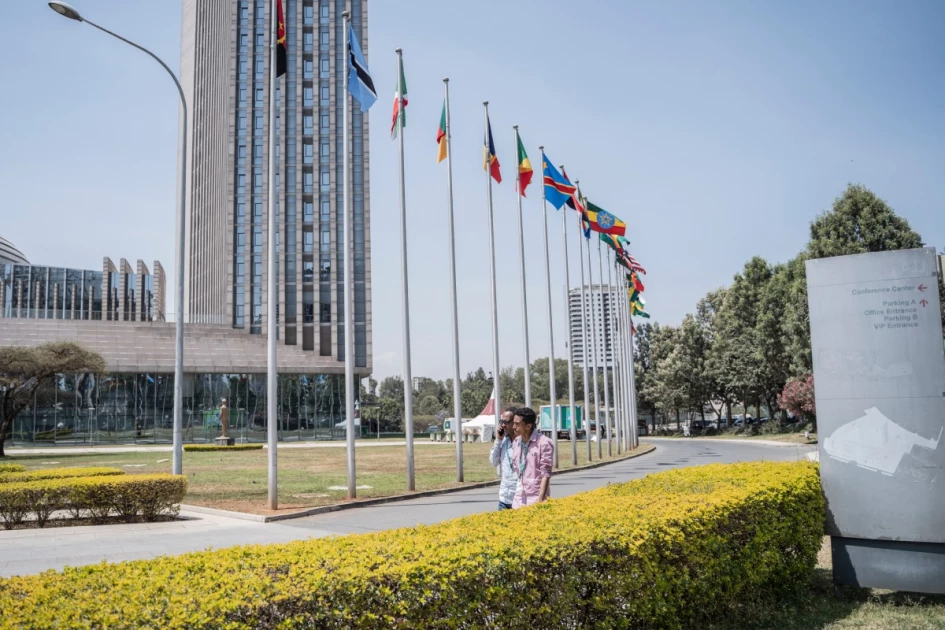Amid rising global protectionism and fresh U.S. tariff threats, African leaders are accelerating efforts to boost intra-continental trade through the African Continental Free Trade Area (AfCFTA) pact. The trade agreement, launched in 2021 and legally ratified by 49 of Africa’s 54 countries, aims to unite the continent’s 1.4 billion people into a single market, fostering economic self-reliance and growth.
However, implementation has lagged. Only 24 countries are actively trading under AfCFTA, and challenges like weak governance, informal cross-border trade, and limited administrative capacity have hampered progress particularly in smaller economies. Analysts warn that unless progress is accelerated, Africa risks remaining vulnerable to external shocks, including steep U.S. tariffs such as the 50% duty imposed on Lesotho’s key textile exports.
AfCFTA Secretary-General Wamkele Mene emphasized the urgency of self-sufficiency in the face of growing trade nationalism. “We are on our own as a continent,” he warned, pointing to the “weaponisation” of trade policy and its negative impact on global trade systems.
Infrastructure deficits remain the largest obstacle to intra-African trade. Despite $65 billion in combined investments from the African Development Bank and Afreximbank since 2020, the continent still faces an annual infrastructure funding shortfall exceeding $100 billion. Without substantial improvements in transport networks and digital logistics, critics like Standard Bank CEO Bill Blackie caution that AfCFTA risks becoming “a paper promise.”
Another sticking point is over-reliance on the U.S. dollar for intra-African transactions. With two-thirds of African cross-border payments routed through dollar corridors, Afreximbank has called for a shift to local currencies. The newly launched Pan-African Payments and Settlement System (PAPSS), now linking 16 central banks, aims to cut transaction costs and currency volatility.
Despite these hurdles, leaders like Kenyan President William Ruto remain optimistic. “We have a generational chance to build value chains that keep wealth on the continent,” he said, urging bold steps to reshape Africa’s place in the global economy. With global trade winds shifting, Africa’s resolve to trade with itself may prove to be its strongest asset.

